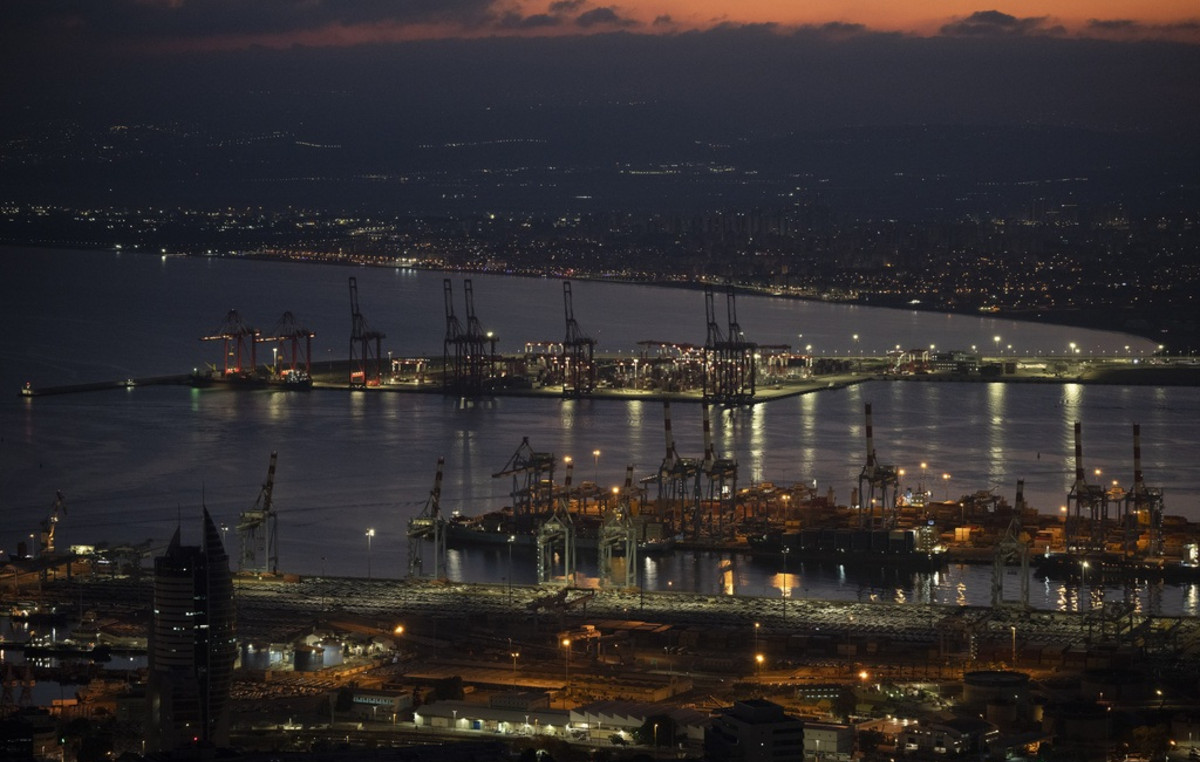Investigators are trying to unravel the mystery of how two submarine internet cables in the Baltic Sea were cut within hours of each other. European officials say they believe the outage was an act of sabotage, and U.S. officials suggest it was likely an accident.
The two cables – the BCS East-West, which connects Lithuania and Sweden, and the C-Lion1, which connects Finland to Germany – were suddenly interrupted on Sunday (17) and Monday (18).
European leaders were quick to express their suspicions. German Defense Minister Boris Pistorius said that “no one believes that these cables were accidentally cut”.
The foreign ministers of Finland and Germany said in a joint statement that they were “deeply concerned” about the incident and raised the possibility that it was part of a “hybrid war,” specifically mentioning Russia in their statement.
Their review wasn’t pulled out of thin air. Russia has been accused of waging a hybrid war against Europe after a series of suspicious incidents, arson attacks, explosions and other acts of sabotage in several European countries were traced to Moscow.
And the cable outage came just weeks after the US warned that Moscow would likely attack critical underwater infrastructure. This followed months of suspicious movements by Russian ships in European waters and the significant reinforcement of a dedicated Russian secret maritime unit tasked with inspecting the seabed.
But two US officials familiar with the initial assessment of the incident told CNN on Tuesday (19) that the damage was not considered deliberate activity by Russia or any other nation.
Instead, the two employees told the CNN who believed that this was probably caused by the dragging of the anchor of a passing ship. Accidents of this type have happened in the past, although not in quick succession like the two on Sunday and Monday.
The Kremlin on Wednesday rejected “laughable” suggestions that it was involved, saying it was “absurd to continue blaming Russia for anything without any basis”.
Still, law enforcement agencies in both Sweden and Finland have indicated they believe the damage was deliberate.
The Swedish Public Prosecutor’s Office said on Tuesday it had launched a preliminary investigation into suspected sabotage. Then, this Wednesday, Finland’s National Investigation Office announced it was opening an investigation into the alleged crimes of aggravated criminal damage and aggravated communications interference.
One ship in particular has piqued the interest of authorities and online detectives.
The Chinese-flagged ship Yi Peng 3 was spotted in the area at the time the two cables were cut. The bulk carrier departed from the Russian port of Ust-Luga, where it docked for several days.
This Wednesday, the Danish Armed Forces said they were present in the area near Yi Peng 3, but did not say whether they pursued the ship.
Asked about the ship during a press conference, Chinese Foreign Ministry spokesman Lin Jian said he was “not aware of the situation.”
He said China has “always fully complied with its flag state obligations and requires Chinese ships to strictly comply with relevant laws and regulations.”
“We also attach great importance to protecting the security of undersea infrastructures and work with the international community to actively promote the construction and protection of undersea cables and other global information infrastructure,” he said.
Biden’s security: snipers, isolation and ‘safest car in the world’
This content was originally published in Accident or sabotage? Authorities are investigating how submarine cables were cut on the CNN Brasil website.
Source: CNN Brasil
Bruce Belcher is a seasoned author with over 5 years of experience in world news. He writes for online news websites and provides in-depth analysis on the world stock market. Bruce is known for his insightful perspectives and commitment to keeping the public informed.







